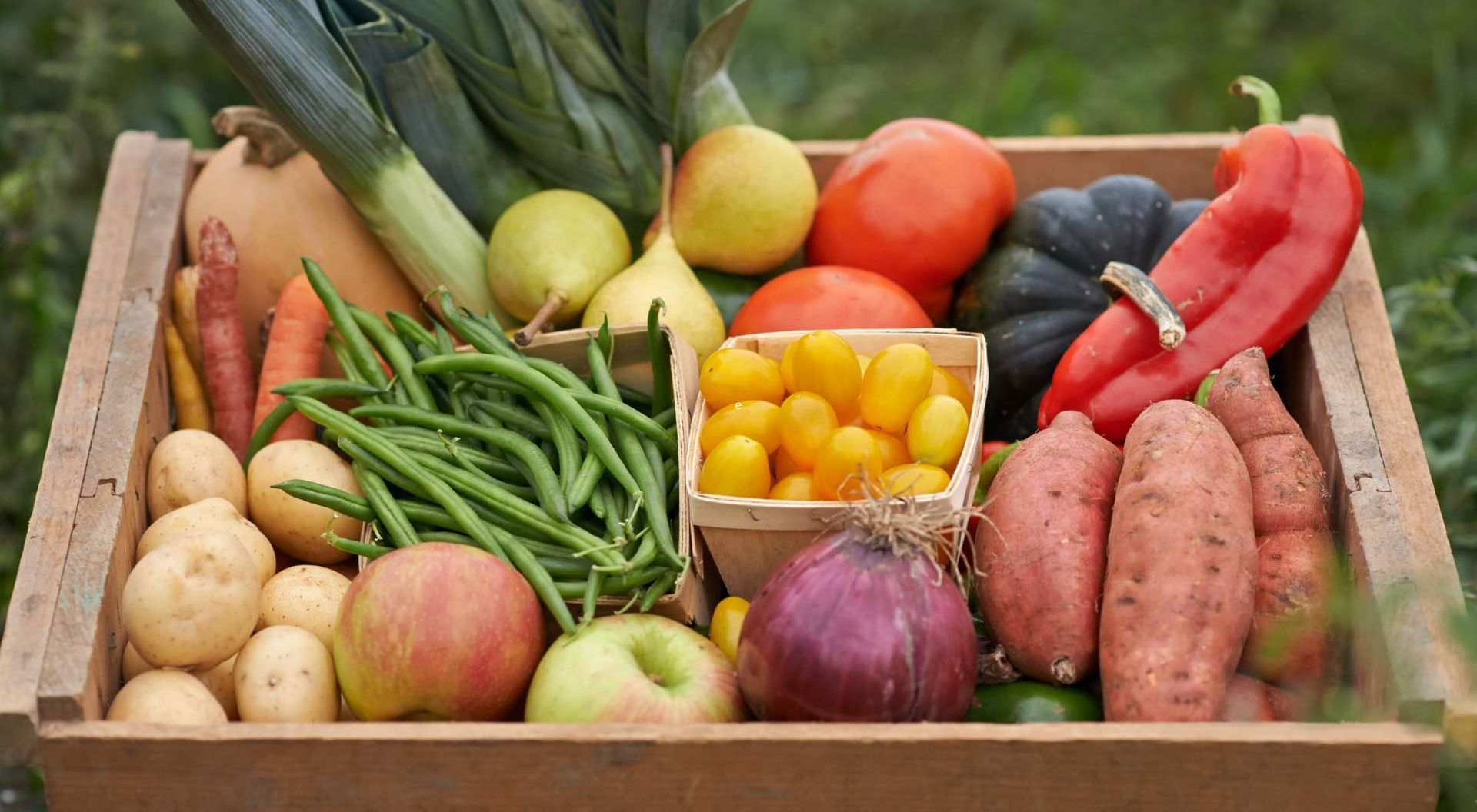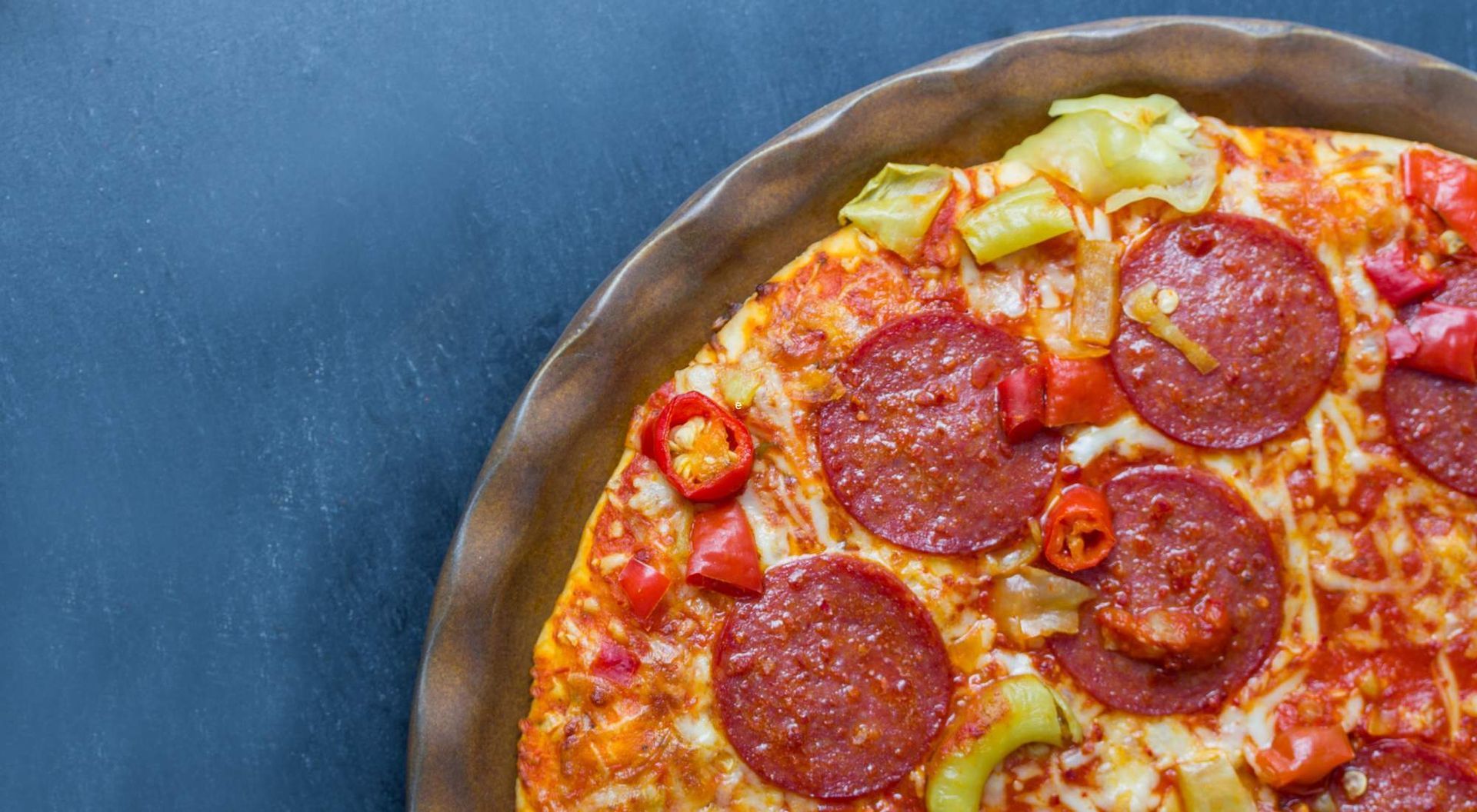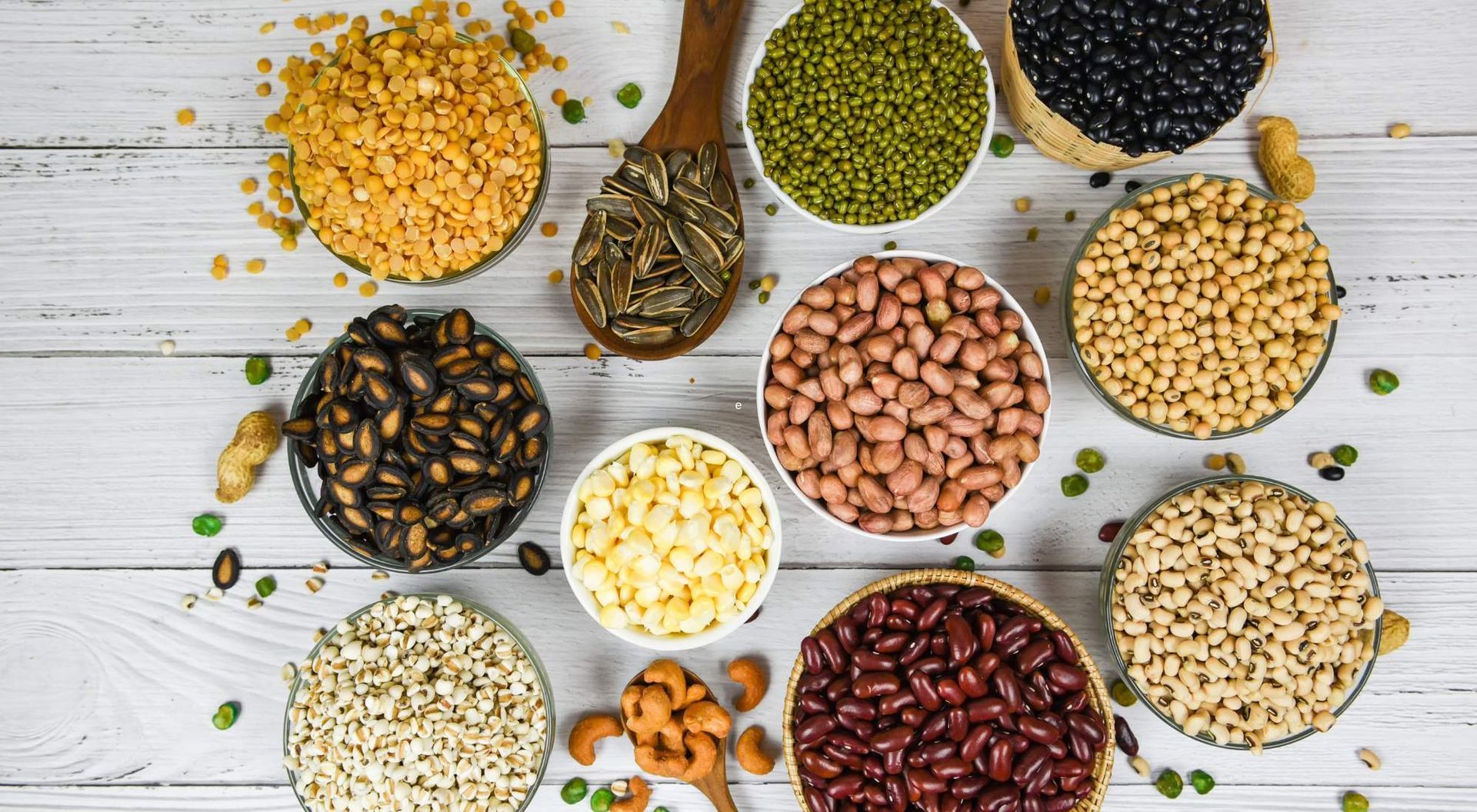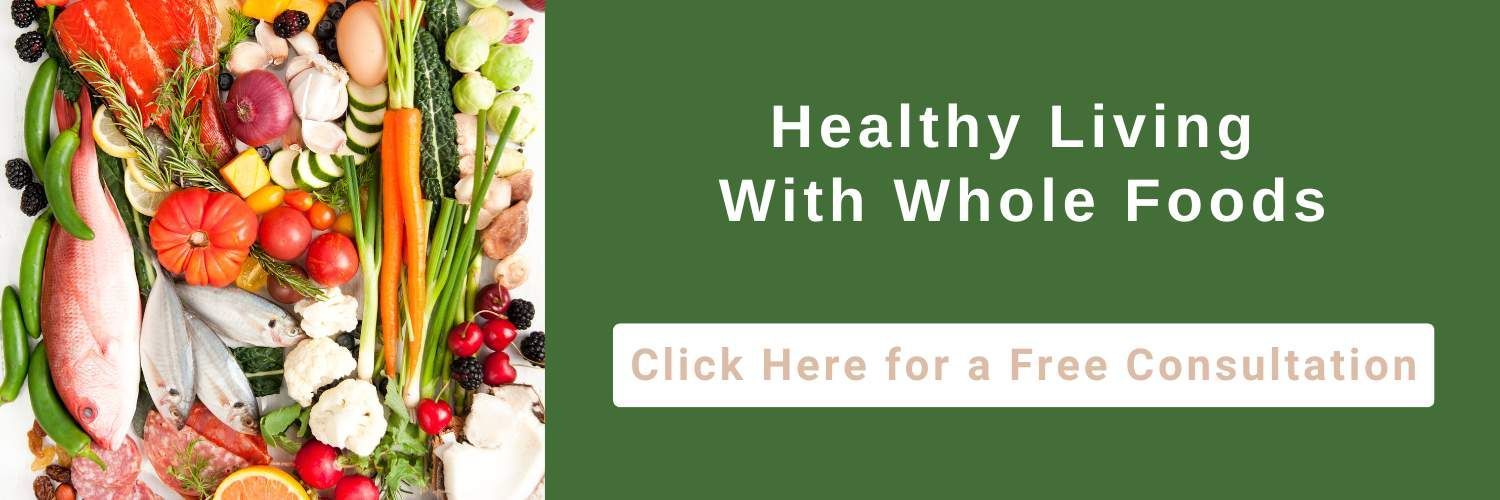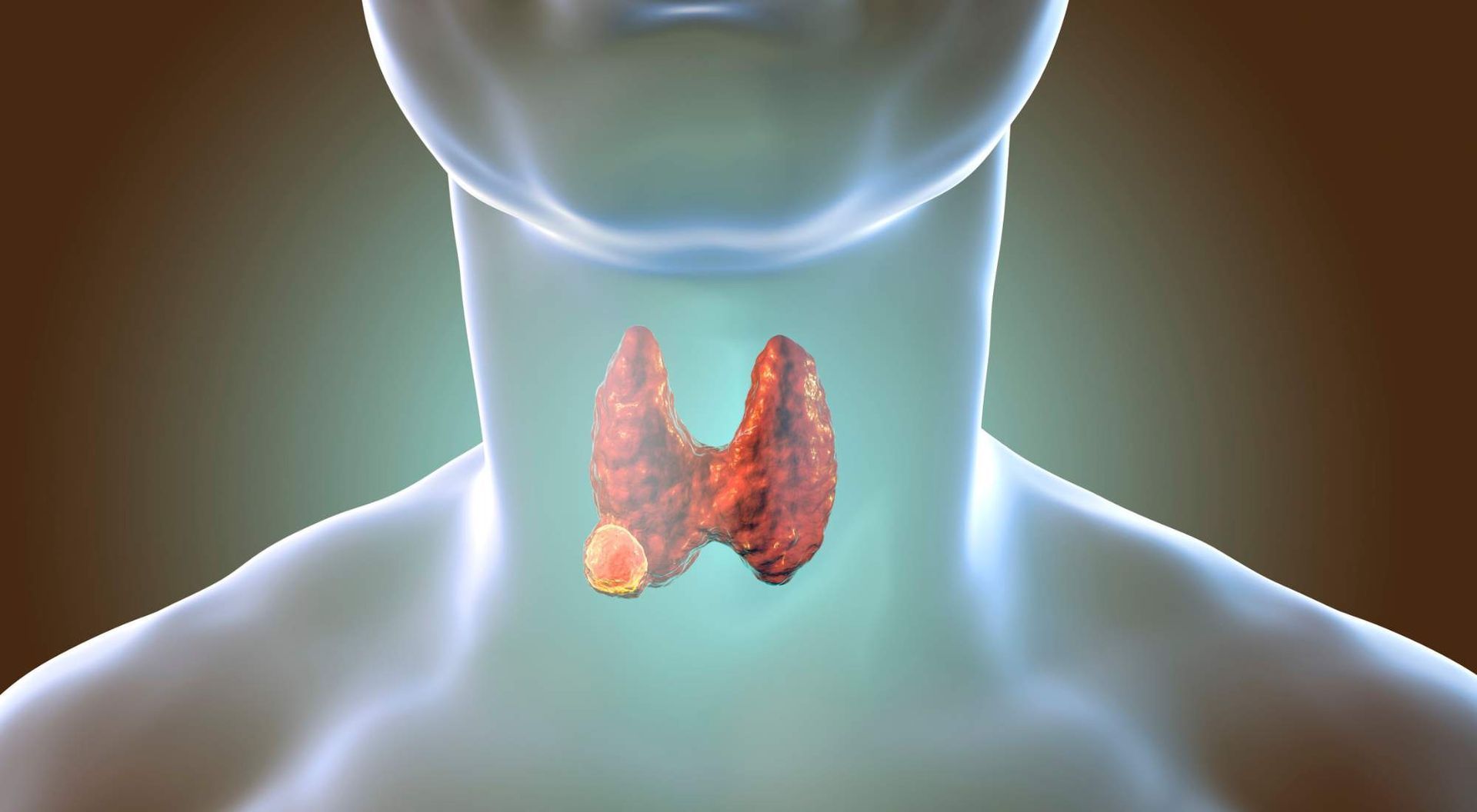Avoiding Processed Food in Your Diet: Why It’s Important and Tips To Make It Happen
"The content below is not intended to be a substitute for professional medical advice, diagnosis, or treatment. Always seek the advice of your physician or other qualified health provider with any questions you may have regarding a medical condition."
Putting down the bag of potato chips to pick up an apple instead is not always as easy as it sounds. Those crispy, salty wonders sure are tempting, but we often end up paying for the poor nutrition choices we make.
There are science-backed reasons our bodies crave foods that aren’t always the best for us. And thanks to research, we can learn to listen to our bodies and begin to better understand our food options.
Processed foods can have a place in our diets, even when choosing a healthy lifestyle. We help you better understand what makes food processed and what to look for so you can learn how to avoid processed foods that can cause damage to your mind, body, and soul.
Table of Contents
- Processed Foods - What’s the Big Deal?
- What Is Processed Food?
- What’s the Allure To Eating Processed Foods?
- Why Should We Avoid Eating Processed Foods?
- 9 Tips for How To Avoid Eating Processed Foods
- Blending Nutrition Response Testing, Nutrition, Supplementation, and Lifestyle Recommendations for a HealthierU
Processed Foods - What’s the Big Deal?
Processed foods abound and can be hard to avoid.
It’s important to know:
- What processed food is
- Why it’s so popular; and
- Why it’s not always the best choice for a healthy diet
What Is Processed Food?
The Department of Agriculture (USDA) defines processed food as any raw agricultural commodities that have been:
- Washed
- Cleaned
- Milled
- Cut
- Chopped
- Heated
- Pasteurized
- Blanched
- Cooked
- Canned
- Frozen
- Dried
- Dehydrated
- Mixed; or
- Packaged
Generally speaking, processed foods are anything raw that has been altered from its natural state. This may include adding preservatives, flavors, nutrients, other food additives, or substances approved for use in food products — such as salt, sugars, and fats.
For example, eating lettuce straight from a garden rather than buying a head of lettuce or a salad mix from the grocery store. But even though salad from the grocery store is processed, foods like that are typically considered “minimally processed” as opposed to “ultra-processed.”
Most ultra-processed foods contain added sodium, sugar, and fat to extend the shelf-life. For example, cheese crackers, canned soup, fast food, and those beloved potato chips.
According to a study published in Frontiers in Nutrition, more than 60 percent of caloric intake in the U.S. comes from ultra-processed food.
On the other hand, foods that are closer to their original state, like fresh vegetables and fruits, unrefined whole-grains, and whole milk may still retain a good number of their nutrients.
At HeathierU, we are specialists in women’s health and nutrition. We believe our bodies are designed to know what’s going on inside.
That’s why we work with you to help you better understand your body —
while teaching you
how to avoid ultra-processed foods that could be causing any health concerns.
What’s the Allure To Eating Processed Foods?
It can be difficult to avoid unhealthy, over-processed foods for many people.
There are a few reasons why it can be hard to switch from processed foods to natural foods:
1. Addiction paired with advertising
- Our taste buds combined with the power of advertising often make it hard for us to say no to processed foods.
- Fast-food commercials on TV far outweigh ads for healthy eating.
- The additives, including flavorings like salt and sugar, have addictive qualities that have us wanting more.
2. The cost of healthier foods
- Many people find it hard to transition to a predominantly natural diet due to finances, as healthier foods tend to be more expensive.
- This makes it hard to eat fresh food as often.
3. Environmental habits
- It may be hard for some people to switch to a more natural food diet because of how they grew up.
- Those raised in a household where meals were mostly prepared at home generally do better as adults when it comes to preparing fresh meals themselves.
- Those with long-term fast-food habits often have an addiction to processed foods.
Why Should We Avoid Eating Processed Foods?
Ultra-processed foods have been linked to health problems such as heart disease, diabetes, and certain forms of cancer.
This is because a large number of processed foods:
- Include too much sugar, sodium, and fat
- Have minimal or no nutritional value
- Are calorie dense
- Are full of artificial ingredients
Some of the unhealthy over-processed foods to avoid are:
- Sweetened yogurt
- Deli meats, hot dogs, and sausages
- Frozen pizza and frozen meals
- Canned or instant soups
- Packaged snacks such as chips, cookies, crackers, and baked goods
- Most breakfast cereals
- Boxed instant pasta products
- Bouillon cubes or paste
- Sugary beverages like sweetened coffee and tea, energy drinks, and soft drinks
However, not all processed foods are bad.
For example, broccoli is a highly nutritive vegetable that has cancer-fighting agents.
Frozen broccoli in a bag is a form of processed food, but it’s considered low-processed. Frozen vegetables and fruits are good processed foods — often frozen at the peak of their freshness.
9 Tips for How To Avoid Eating Processed Foods
Switching from ultra-processed foods can be challenging — especially for those whose diets have been made up primarily of processed foods, causing food cravings.
But you can make healthier food choices by learning to step away from food choices that only harm your health and the payoff will be worth it.
#1: Make Water Your Preferred Beverage
Sada, sweet tea, fruit juice, lemonade, and sports drinks are high in sugar and calories — and provide very few nutrients.
Working toward exchanging these drinks for water throughout the day is a great way to cut back on your intake of processed foods.
If plain water isn’t your favorite beverage,
sparkling or flavored water are two great options. You can also try infusing water with fruits or herbs
to enjoy throughout the day in place of processed drinks.
#2: Choose Healthy Snacks
If you’re rushing out the door, grabbing a pre-packaged snack on your way out may be tempting. But we can choose healthy snacks over quick and easy processed snacks by keeping them on hand — so you’ll always have some healthy alternatives in reach.
There are plenty of portable, nutritious snacks to choose from:
- Fresh fruits
- Veggies
- Mixed nuts
- Hummus
- Edamame
When you have extra time, you can also prepare some simple snacks in advance.
Hard-boiled eggs, homemade kale chips, turkey roll-ups, and overnight oats are a few healthy treats you can whip up quickly and keep on hand for later.
#3: Make Some Healthy Food Swaps
One of the best ways to avoid processed foods is to find an alternative to refined grains like:
- Bread
- Pasta
- Rice; and
- Tortillas
These can be swapped for whole-grain alternatives — such as brown rice and whole-grain pasta, bread, and tortillas.
Whole, unrefined grains help keep you fuller for longer and are higher in fiber, vitamins, minerals, antioxidants, and protein.
#4: Make Meal Prep a Priority
Planning and prepping go a long way in making changes to your diet.
Instead of reaching for something quick and easy or having fast food, you can be more prepared to have whole foods accessible and ready to cook.
Try preparing meals in large batches once or twice each week. This helps to ensure you have plenty of nutritious meals ready in your fridge — even when you’re too busy to cook.
To get started, pick a few recipes each week and set aside a specific time to prepare your meals. You can even try doing this with friends!
It can help to use recipes that share similar ingredients so you can rotate through several meals during the week to avoid repetition.
You can also prepare staples ahead of time that can be mixed and matched throughout the week for meals. Good choices are fruit salad, brown rice, roasted vegetables, and homemade pasta sauces.
Planning and preparing meals in advance can help you enjoy much healthier, minimally-processed meals — without having to cook every day.
#5: Add More Fresh Fruits and Vegetables to Your Diet
To lower your intake of heavily-processed food, fill up your plate with vegetables. Plan to include at least one serving of vegetables per meal to increase your intake of unprocessed and low-processed foods.
This can be as easy as adding spinach or peppers to your eggs or potatoes in the mornings or tossing carrots or cauliflower into soups or casseroles. You can also keep frozen vegetables on hand to easily toss into the dish before cooking.
Also,
easily add fresh fruits into your breakfast oats or choose them as healthy snack choices throughout the day.
#6: Experiment in the Kitchen
Have fun in the kitchen trying new recipes or using whole, healthy foods in a new way.
You can recreate your favorite processed foods by giving them a healthy twist. Have complete control of what you’re putting on your plate while experimenting with interesting new ingredients.
You can make healthy alternatives to replace just about any processed food, such as:
- Potato chips (homemade veggie chips)
- Popcorn (air-popped)
- Fruit roll-ups (fruit leather)
- Pudding (chia pudding)
#7: Eat Out Less
When eating out, you’ll likely find it difficult to avoid processed foods — especially at fast food restaurants.
But when you must eat out, try these five tips:
- Look at the menu before you arrive.
- Choose steamed, grilled, or baked dishes.
- Have your meal prepared without butter, oil, salt, and sugar.
- Fill up on vegetables.
- Drink water.
#8: Be an Informed and Frequent Shopper
It’s a lot easier to avoid or limit your intake of overly processed foods when you don’t have any in your home.
During your next grocery store visit, buy plenty of healthy, minimally processed ingredients like fruits, vegetables, whole-grains, and legumes. These are often found in the perimeter of the store. The middle aisles are typically where ultra-processed snacks and junk foods live.
Also, be sure to read labels when you’re grocery shopping. Watch for and avoid foods with a lot of sodium, trans fat, or added sugar.
Good whole foods should be listed as the top three ingredients. Don’t let phrases like “multigrain” or “made with whole-grains” fool you. Also, be wary of “low-fat,” “low-carb,” and “low-calorie” foods as they can still be highly processed and contain added sugar or other unhealthy additions. Watch out for “gluten-free” and “organic” foods as well as they don’t necessarily mean the product is healthy.
If possible,
try shopping several days per week. This allows you to buy fresh fruits and vegetables. Shopping for only a few items at once can also save money — as you won’t be tempted to stock up on things you might not need.
#9: Make Changes Gradually
Making changes all at once can be overwhelming and defeating when you slip and mess up.
Instead, each week, try experimenting with one or two of the tips listed above.
Remember that you can still enjoy dining out or eating some processed foods in moderation as part of a healthy, balanced diet.
Blending Nutrition Response Testing, Nutrition, Supplementation, and Lifestyle Recommendations for a HealthierU
At HeathierU, we are specialists in women’s health and wellness. We help identify and alleviate your health-related symptoms that might be caused by your diet choices.
If you’re unsure what could be causing your symptoms or are having a hard time knowing exactly how to begin eating healthier, let HealthierU help. You can request a nutrition consultation today with Dr. Sergi!
She will review your main health concerns and goals, perform a physical assessment, and teach you how to avoid processed foods and make better, heather choices.
Contact us today to schedule your consultation.
HealthierU
Natural Nutritionist Brooklyn
126 Avenue U
Brooklyn, NY, 11223
(718) 375-4355
Office Hours
- Monday
- Closed
- Tue, Fri
- -
- Wednesday
- - -
- Thursday
- -
- Sat - Sun
- Closed

